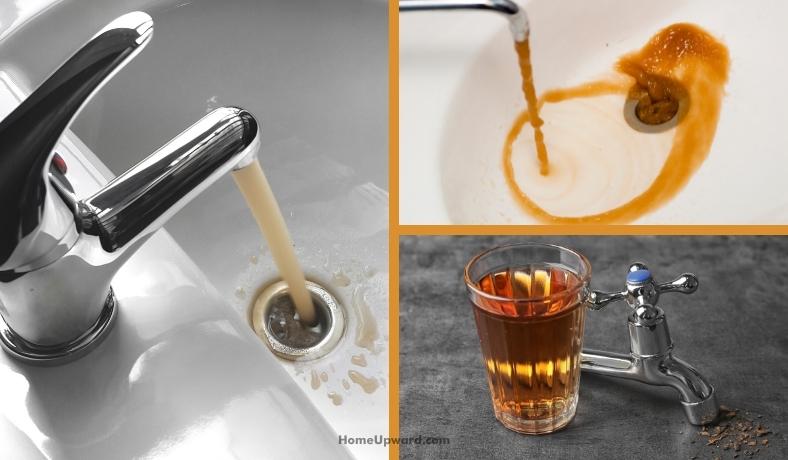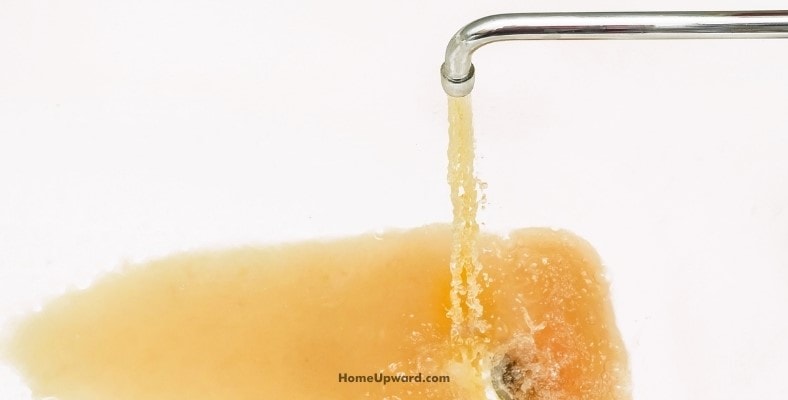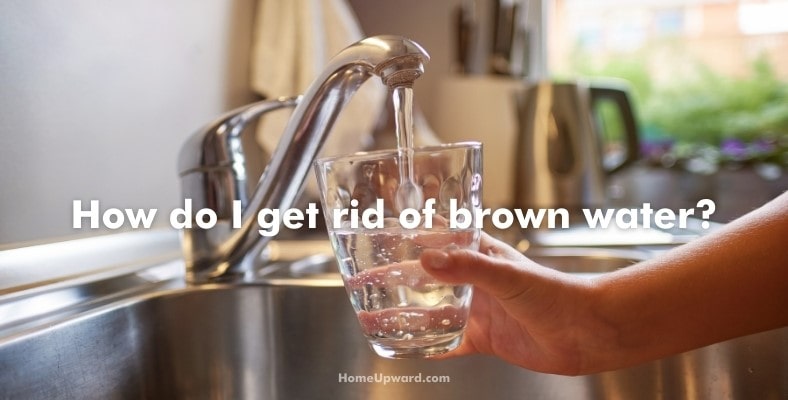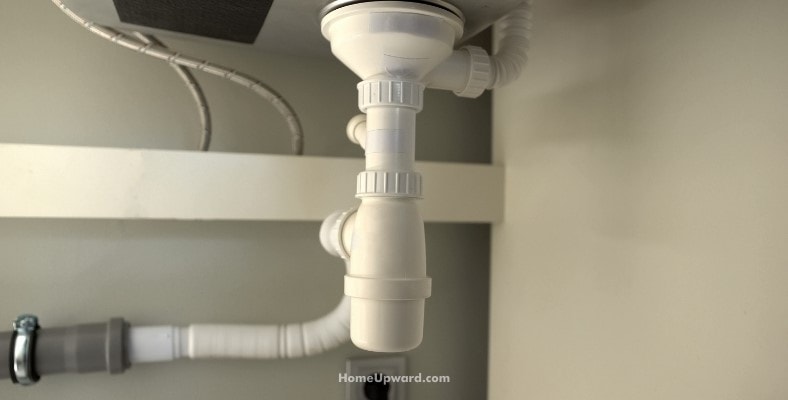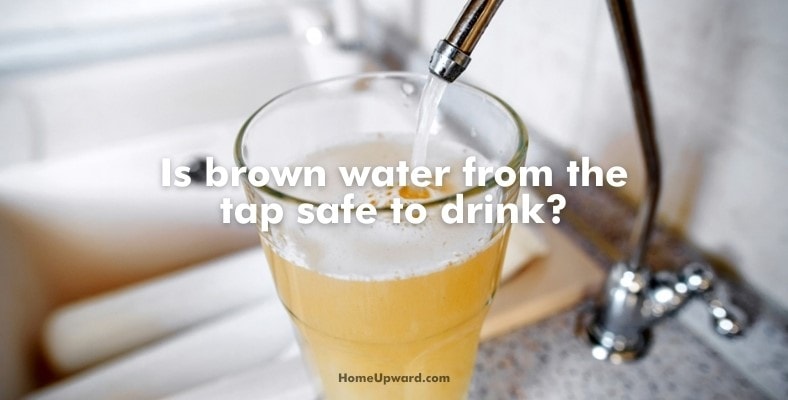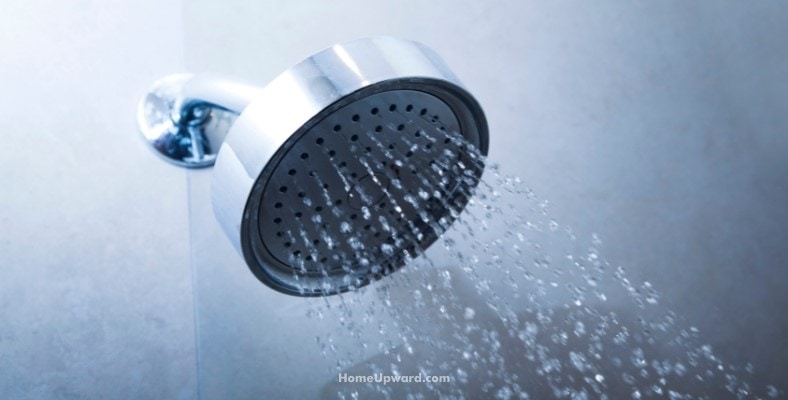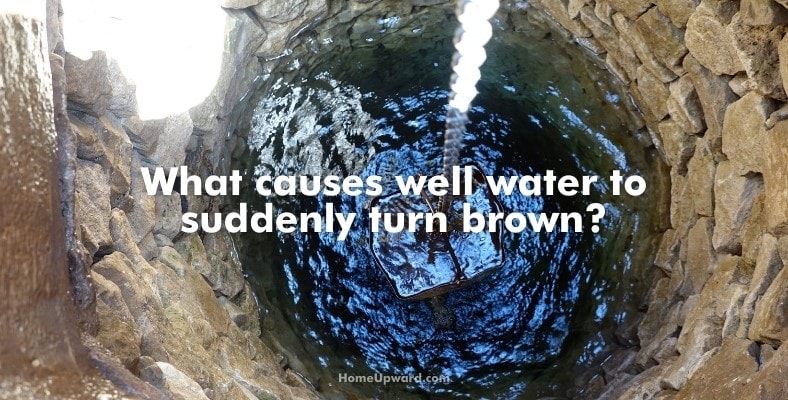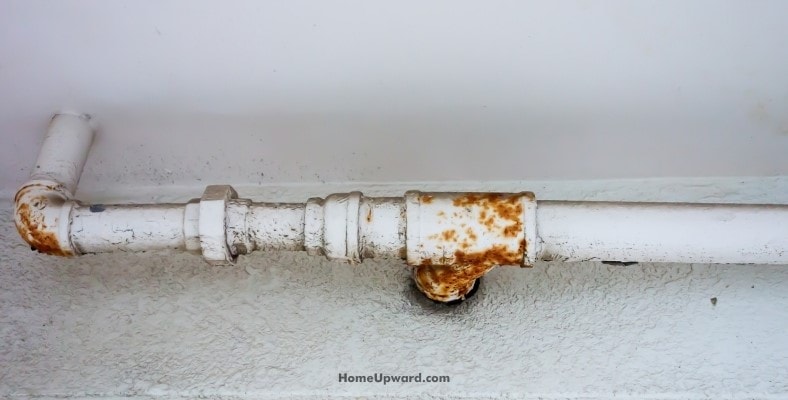Contents
What Causes Brown Tap Water?
When brown water comes out of your tap, it usually means that there’s been a disruption in your water main or pipes that made sediment mix into your water. There are a few reasons why this could happen, but don’t panic just yet.
Typically, the brown water should stop coming out after a couple of hours. If it doesn’t stop after that it may be time to contact a local plumber for service.
Why Does Water Turn Brown After Being Shut Off?
Sometimes, your tap water will turn brown after being shut off. That happens because the water pressure changes when the water flow stops and it can make sediments mix with the water.
The water should return to normal within a few hours. For quicker results, let the cold water run for 20 minutes. After that the issue should be resolved.
Why Is Brown Water Coming Out of the Hot Water Faucet?
Brown water sometimes only comes out of your hot water faucet. When that happens it’s most likely a problem with your water heater and something inside of it.
How Do I Get Rid of Brown Water?
Having brown water coming out of your tap may be confusing there’s always a solution. Here are some things you can do:
- If waiting it out doesn’t work, it’s time to ask city representatives if the problem is county or city-wide. If the problem is widespread, the issue might be with city water lines. In that case contact your utility company and they should be able fix the problem.
- However, if the problem persists, check if the issue is only in your hot water. In that case, have your water heater inspected by a professional in order to narrow it down.
- Are you still having trouble? Ask your neighbors if they’re experiencing the problem still. If they are, ask your utility company to fix the pipes in your neighborhood.
- If you seem to be the only person with this issue, call a professional to flush out your pipes. If the problem continues, it’s most likely time to replace or clean your water filters or softeners.
How Do You Get Rust Out of Water Pipes?
If you’ve contacted a professional and they found out that you have rust in your water pipes (and it doesn’t flush out with any of the previous steps) then it’s important to replace them before a leak starts.
Talk to a professional plumber about replacing your pipes.
Is Brown Water From the Tap Safe to Drink?
Since your water isn’t running clear, you may be confused about whether this is clean or dirty water.
Although brown water isn’t necessarily considered dangerous, it’s still not a great idea to drink it or ignore the problem. As the problem continues it may become unsafe to use as drinking water.
Can Rusty Water Make You Sick?
If the reason behind your brown water problem is due to rust that can cause bacteria to breed in your pipes. Not only that, but also if the water supply cracks due to the rust that can expose the water to airborne contamination.
Drinking brown water can potentially make you sick so it’s important to either drink bottled water (or another clean water source) instead or use good filters to remove all the contaminants until you get the problem sorted.
As if that wasn’t enough, the problem can also lead to a leak which may cause mold to grow in your home. But, of course, that brings its own set of problems.
Is It Ok To Shower in Brown Water?
If the water only recently became brown, yes. Although brown water might not be safe for washing dishes or doing laundry, brown water is usually safe to use for showering and brushing your teeth.
However because there’s always a small chance you could ingest some I still recommend avoiding it if possible.
What Causes Well Water to Suddenly Turn Brown?
The main reasons for well water to suddenly become discolored include high iron levels, rust, sediment, or tannins.
When well water becomes brown after it rains or snow starts to melt, you might experience some rainwater seepage. This seepage can lead to a contaminated water supply, blocked pipes, blocked drains, and a noticeable taste and color in your water.
What does rust in water look like?
When your well water is brown and leaves reddish-brown stains on your faucets or sink, the issue is probably rust, making your skin feel especially dry when you wash your hands or shower. It can also lead to rusty pipes,which could become extra susceptible to damage.
It’s important to have the issue checked out by a plumber if your water looks murky since sediments may be to blame. Sediments in your well water mean at least one part of your water filtration system is broken. As a result, it is allowing solids to pass through the filters.
This issue may be unintentionally caused by maintenance and can lead to the formation of harmful bacteria in your water.
What does a tannin problem in water look like?
If your water has an earthy smell and a tangy aftertaste, or it leaves a yellowish stain, your issue is most likely tannins. Usually, they don’t lead to health issues, but they tend to be unpleasant to drink. Tannins usually seep into well water as rainwater passes through decaying leaves or soil.
It’s always recommended to test your well water. You can find water testing kits online or in hardware stores for example.
How Much Does It Cost to Replace Rusted Pipes?
Replacing rusted pipes can cost anywhere from $450 to over $10,000. However, the price depends on your location and the extent of the damage.
On average, the cost sits around $4,080. This cost will likely be out of pocket since most homeowners insurance doesn’t cover repiping. Any damage caused by rusted pipes, however, is probably covered.
If that’s out of your budget you can talk to a plumber about doing a part of the project yourself since some parts are easy to do at home.
Alternatively, you can hire a professional to do simpler parts of the replacement process that don’t require as much in-depth knowledge, which can reduce your costs in total.

